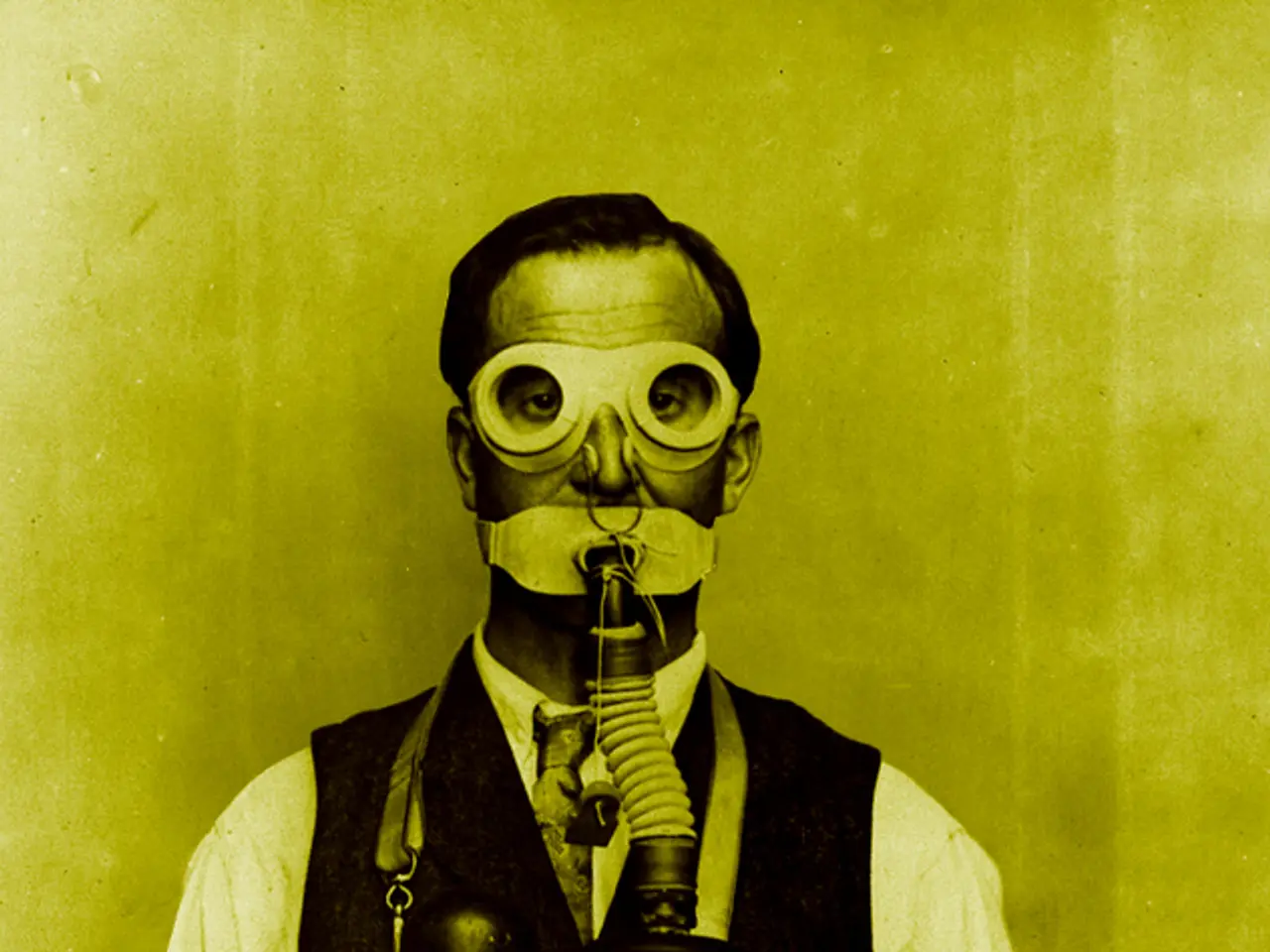Focus shifts to India's gas standards following significant incidents
An explosion at an oxygen plant in Mohali district, Punjab, India, on Wednesday morning has resulted in two deaths and three injuries. The incident took place at an oxygen cylinder filling plant operated by Bhagat Phool Singh Oxygen Ltd.
The cause of the blast remains unconfirmed, but it is believed that one oxygen cylinder may have exploded during refilling, triggering a chain reaction. Oxygen, while not flammable, can accelerate combustion, creating risks when filling and loading oxygen cylinders.
The plant involved in the incident is owned and operated by Hi-Tech Engineered Solutions, a Punjab-based manufacturer of onsite gas generation systems. The failure was attributed to a "glitch" in the plant supplying oxygen to the hospital, but questions remain about whether it was due to technical fault, lack of backup systems, or human error.
This incident comes amidst a growing concern over the safety of oxygen infrastructure in India. Over the past decade, the country has seen several high-profile oxygen-related failures in medical settings. For instance, in 2017, 63 children died at Gorakhpur's BRD Medical College due to a cutoff in piped oxygen supply due to unpaid dues. Last month, three patients died at a hospital in Punjab due to oxygen supply system failures.
In response to these incidents, the Punjab Health System Corporation (PHSC) launched an investigation into the status of oxygen infrastructure across the state and found that 35 PSA plants are currently non-functional, including at key district hospitals. To address this issue, PHSC issued a tender for a three-year contract to maintain 38 PSA plants and 33 medical gas pipeline systems in public hospitals.
To improve the management of medical oxygen, the selected firm will develop a medical oxygen management dashboard integrated with IoT devices across all PSA sites and establish a 24/7 centralised call centre. Sensors near patients should alert staff to any deficiency in oxygen supply, alongside gauges at the ventilators. Dr Anil Goel stated that backup and alarm systems should function instantly in case of oxygen supply issues, and there are jumbo oxygen cylinders as backup.
It is crucial that safety standards for oxygen handling in India are strictly adhered to. These standards are overseen by the Petroleum and Explosives Safety Organization (PESO) under the Gas Cylinder Rules 2016. The incident in Mohali serves as a reminder of the importance of maintaining these standards to prevent future tragedies.








